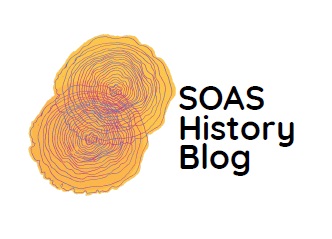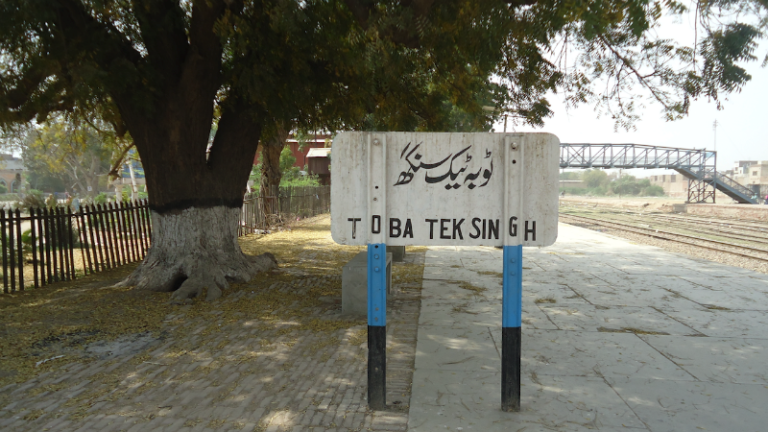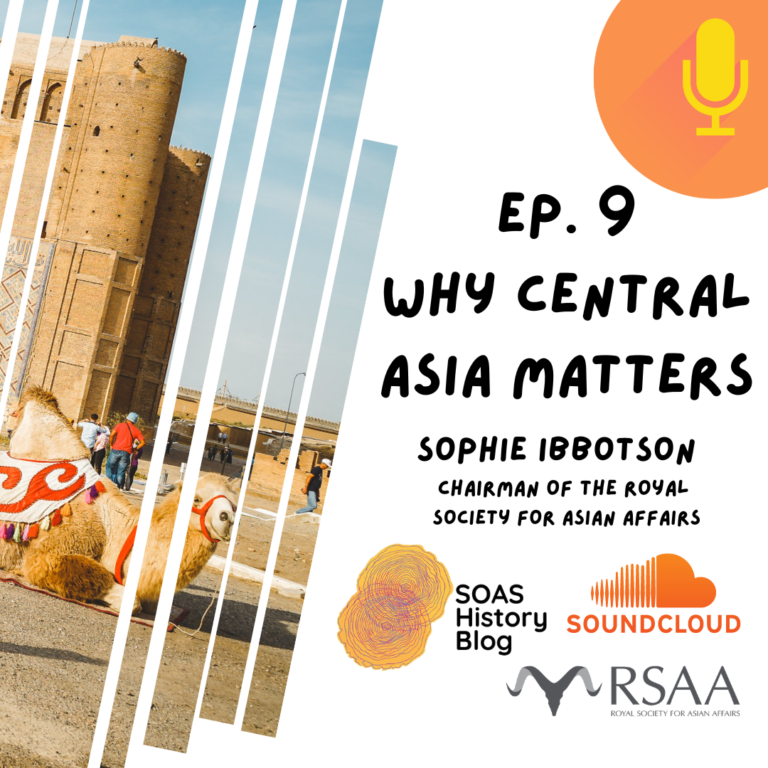Community Profile: Tariq Mir, Doctoral Researcher

Tariq
Interviewed by Ellan A. Lincoln-Hyde
In our ‘Community Profile’ series we aim to highlight the individual journeys of SOAS students, academics and alumni interested in the broad and dynamic field of ‘history.’ Tariq Mir’s academic journey to a PhD at SOAS has created a rich inter-disciplinary and linguistic approach to an area of research still under-represented within UK academia. Tariq’s doctoral research focuses on the Tīmūrid-era ‘philosophical theologian’ Saʿd al-Dīn al-Taftāzānī (d. 792/1390). Tariq’s research will be one of the first studies dedicated to explicating and contextualising Taftāzānī’s thought, especially with regards to his major intellectual enterprise: the conception of reality (i.e. metaphysics).
Tariq aims to present Taftāzānī’s life and work as a case study of how unprecedented political shifts in the Islamic world under the Mongols after the 656/1258 Fall of Baghdad would transform the enterprises of theologians and philosophers working in the post-Mongol landscape. Many of these thinkers, however, remain neglected or yet to be discovered. Tariq’s combination of theological and linguistic skills are invaluable to this exploration of Taftāzānī’s metaphysics.
As Tariq noted during our profile interview (April 2021), during his training in theology, philosophy and religions (TPR), he noticed that there seemed to be a significant focus on engaging with ‘up in the air’ abstract ideas and concepts which, though valuable on their own terms, were often not ‘pulled back down’ or rooted to their historical context. Moreover, within the UK the study of non-Christian religions is often treated more as a sociological exercise – an unintentionally limiting approach and consequence of the Orientalist approach to the study of religions and Islam in particular. For Tariq, the academic environment of SOAS has offered support for an intersection of qualifications and expertise still frequently considered ‘niche’ within the UK. At present, Tariq’s historical interests span Islamic intellectual history and Islamicate socio-history (especially Mongols, Īlkhānids, and Tīmūrids) to the history of Islam in Central Asia and China.
Tariq’s motivation for seeking a doctoral research place at SOAS were influenced by the engagement of his primary supervisor Dr Ayman Shihadeh, and the various extra-curricular and inter-institutional opportunities SOAS maintains. These include the Arabic Philosophy Reading Group hosted by Prof Charles Burnett of the Warburg Institute and the Institute for Advanced Study (University of London), and courses in German and Korean.
Tariq’s command of various languages, including Classical Arabic, Persian, Japanese, Urdu, French, Latin, and Ancient Greek, mean that the primary and secondary sources present in his doctoral research are informed by an impressive range of historical and academic communities. Tariq hopes his working proficiency in Japanese will lead to a post-doctoral position in Japan, where he has previous experience working and studying. Tariq’s time in Japan led to what he describes as a ‘glimpse into a different academic tradition,’ especially with regards to Islamic intellectual history which can be traced back to the contributions of Toshihiko Izutsu (1914 – 1993) in the mid-twentieth century.
In his spare time, Tariq finds an ‘escape from the medieval Islamic World’ in Korean popular culture. Through his command of Japanese grammar, Korean language was appealing to Tariq both in the syntactic similarity and also because of Korea’s comparative surge in international pop culture output over the last decade.
SOAS Staff Profile: Tariq Mir
Articles by Tariq
SOAS History Blog, Department of History, Religions and Philosophy, SOAS University of London







